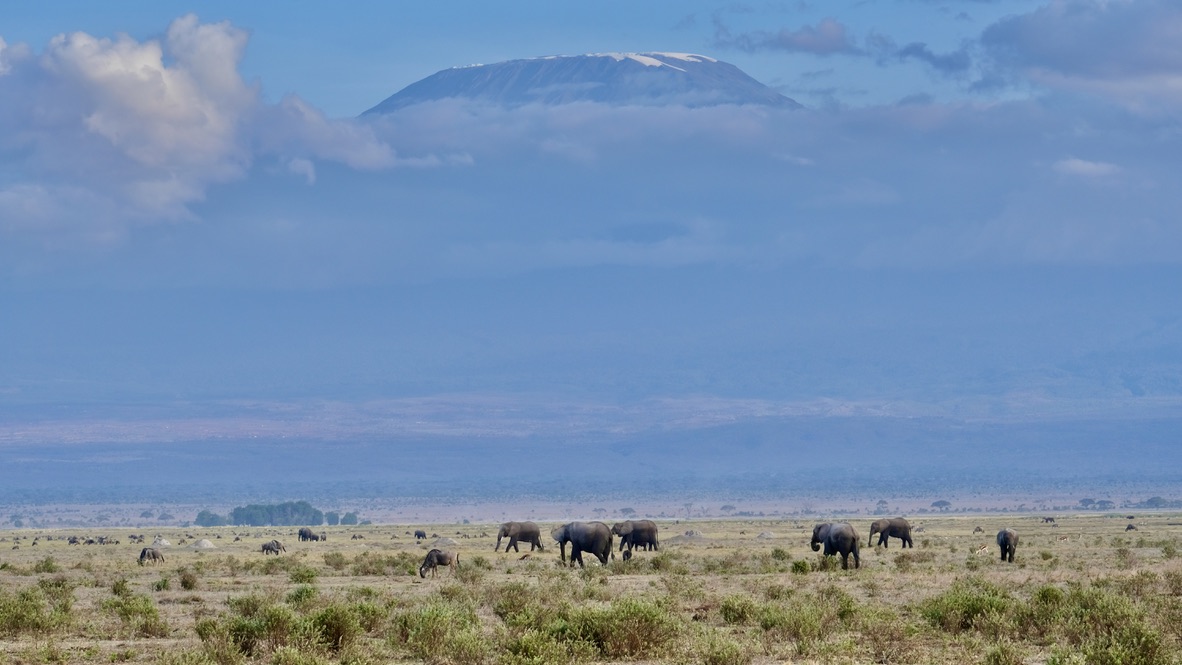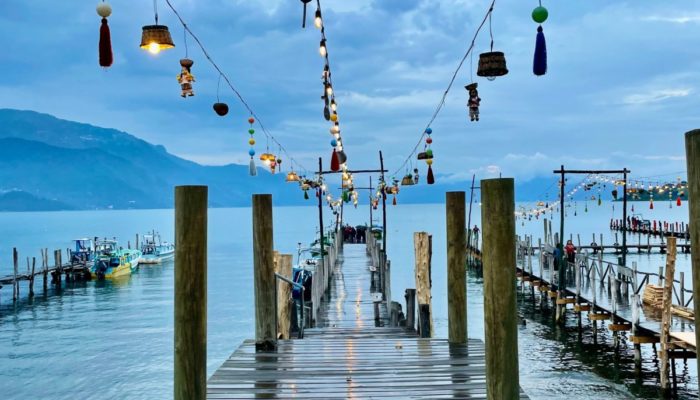
Thanks to the novelty and potential of my research focus (a paleothermometer for lacustrine environments based on the application of the carbonate clumped isotope technique on small crustacea shells (ostracods)) that provides insights into atmospheric temperatures of the past, I was selected by the committees of three International Continental Scientific Drilling Program (ICDP) workshops. The aim of these workshops was to discuss and develop a detailed scientific drilling plan to reconstruct past climate and environmental changes of three different lacustrine basins located in very sensitive and complex climatic areas: 1) Lake Victoria (Tanzania), 2) Lake Turkana (Kenya) and 3) Lake Izabal (Guatemala).
Aims and scopes of ICDP workshops
Every year ICDP receives several workshop proposals about geo-hazards, geo-resources, geo-dynamic processes, and environmental change projects that require the recovery of long continental sedimentary cores. The financed ICDP workshops aim to connect international scientists with different expertise to discuss the important scientific questions that need to be addressed as well as the best strategies to write a most promising full proposal for submission to ICDP, so to begin the process of funding the core recovery.
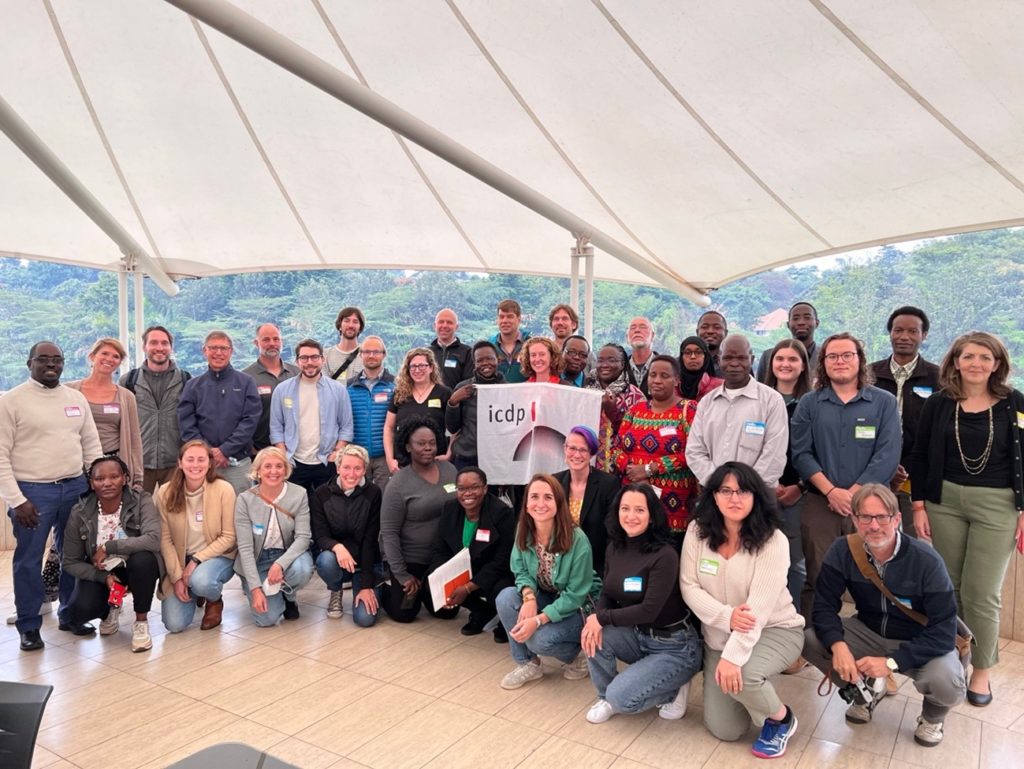
Photo 1: Scientists from all around the world attending the ICDP Turkana basin (DDTB) workshop in Nairobi from the 11th to the 14th of July 2022. Principal investigator: Catherine Beck.
My experience concerning the workshop agenda
All of the three workshops I attended followed a similar agenda. The first day was always dedicated to scientific presentations made by experts of the area. The purpose was to provide all scientists with common state of the art information about the lacustrine system to support and to frame the following discussions. The information included previous publications and datasets about geological, biological, and archeological results. Then the main scientific questions that still need to be solved are discussed. The second part of the workshops was characterized by brainstorming sessions. All scientists were invited to join different discussion groups (i.e., paleo-climate, paleo-environmental, biological, tectonic, paleo-anthropology). I was part of the paleo-climatic group together with researchers working on organic and inorganic proxies aimed at reconstructing past temperatures and hydrological conditions. Climatic modelers also took part in the discussions. In addition to the specific questions linked to each area, our main general conclusion was that the long sedimentary cores will definitively be fundamental to increase our knowledge about the past climate conditions and the forcing-mechanisms behind regional climate variability, as well as global teleconnections. This information is critical to delineate the evolution of climate in the future and to understand the impact of global climate change on specific areas.
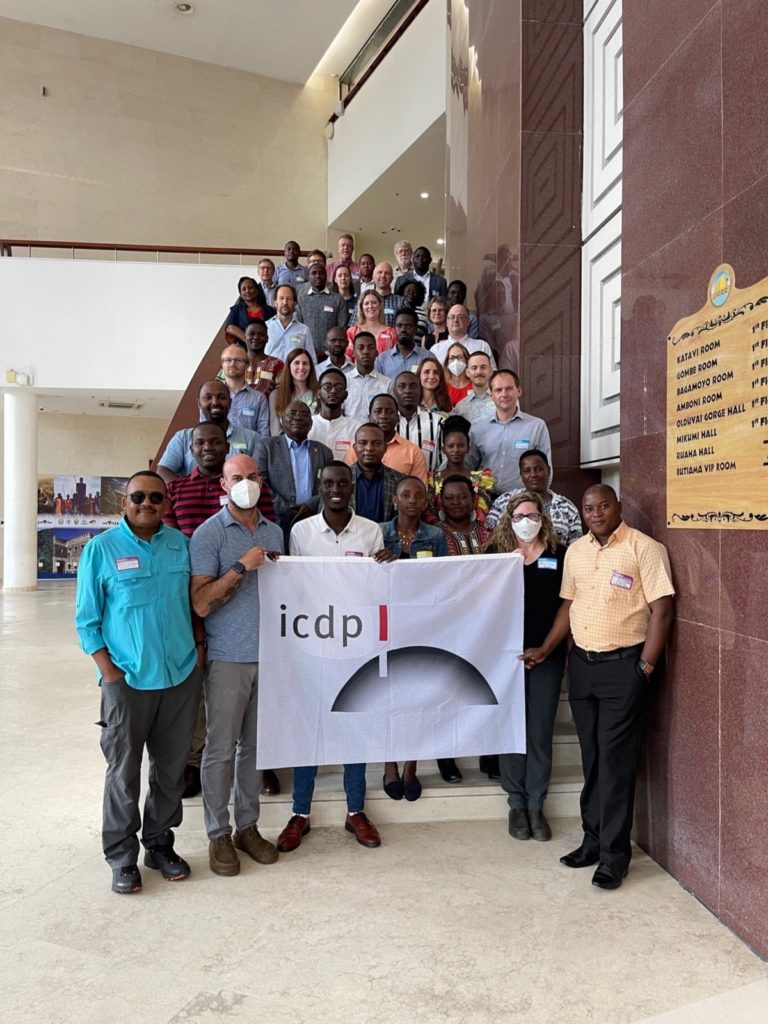
Photo 2: International scientists attending the ICDP Lake Victoria (LVDP) workshop in Dar es Salaam (Tanzania) that took place from 25th to the 27th of July 2022. Principal investigator: Melissa A. Berke.
Once the main scientific aspects of the project were delineated, the discussion focused on the fundraising, technical and administrative aspects, as well as on the educational and societal impact of the deep drilling project. It is worth knowing that the recovery of long sedimentary cores requires highly detailed organization, including the request of special permissions from different countries. The involvement and participation of local national institutes and universities is a great help for this aspect. A significant amount of funding beyond the ICDP is also needed. Depending on the characteristics of the area (i.e., lake depth and geological setting), as well as on the scientific questions, the budget required for the drilling can vary from ca. 1 to more than 10 million USD (data based on previous ICDP funded projects). The ICDP funds the 20% of the operational (=drilling) costs in average. It is then up to the scientists involved to raise the remaining funding through national and international associations (e.g., National Scientific Funding and European funding). Also, this does not include the funding for the subsequent scientific investigations following core recovery, researcher and student salaries. My support on this first phase lies on writing fellowship proposals that could finance pilot studies essential for the interpretation of the future long cores. Another important aspect that was discussed on the workshop is how to make an educational and societal impact to the countries in which the drilling will take place. We think that it is our duty to inform local communities about the research going on, and involve these populations as much as possible, starting from children’s schools to the universities to open public events. Several ideas have been proposed, but we all came to the conclusion that we only represent a small slice of the world population (also a very lucky one) and we do not know what is really needed and to implement. The proposed plan is to meet with communities around the lakes, discuss the project and their needs, their curiosity and carry out a sensitive survey on each country is of primary importance to truly make an impact. In the following months, part of the scientific committee will thus, be working on this aspect.
- Over the past 26 years, ICDP has funded more than 80 workshops, resulting in 55 ICDP-funded drilling projects
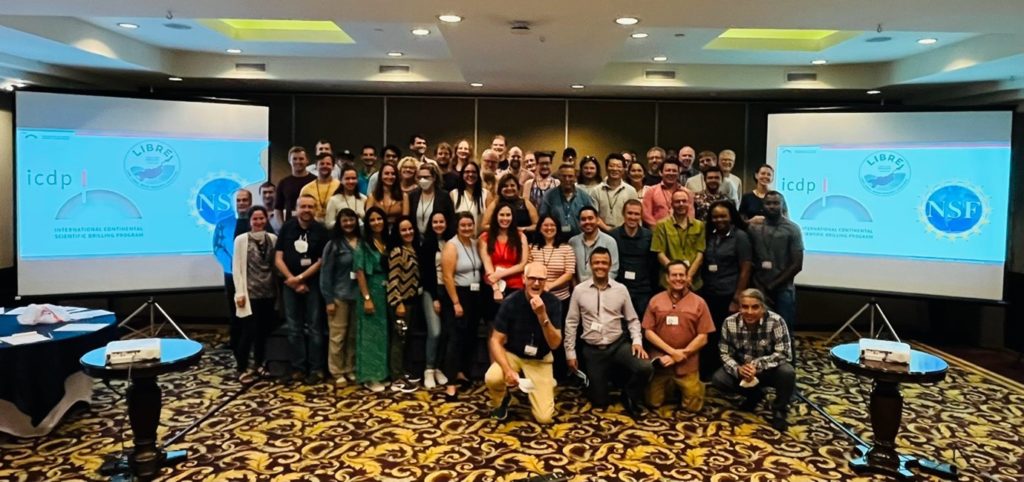
Photo 3: International scientists attending the ICDP Lake Izabal (LIBRE) workshop in Antigua (Guatemala) from the 1st to the 4th of August 2022. Principal investigator: Jonathan Obrist-Farner
Why ICDP Workshops are fascinating, especially for early-career scientists
Participation in these ICDP workshops was one of the greatest experiences in my life. I deeply enjoyed the scientific discussions and the international vibes that characterized the workshops. Spending days with scientists from several countries and experts in diverse disciplines truly opened my mind to several scientific, cultural, and educational topics. It is fascinating to see scientists from different background and experience join their knowledge and brainstorming about scientific questions. Seeing the backstage and the laying of the first brick of such large and international projects is a unique experience.
I personally enjoyed this atmosphere a lot as it allowed me to meet incredible scientists and listen to interesting discussions about topics I am passionate on. Even if I was among the least experienced attendees in scientific drilling, I was always invited to express my opinion on different topics and to actively participate to the discussions. I deeply appreciated the open-mindedness and inclusive environment in which everyone, from students to professors, were listened. During the ICDP workshops, I was inspired about my future projects and put in the beginnings of new, international collaborations. I was able to chat with colleagues that, a few days later, became friends, and with whom I look forward to working with in the future and also to share other funny moments.Travelling from Kenya to Tanzania, and finally to Guatemala gave me the occasion to discover these beautiful countries full of amazing landscapes and unique cultures. I will never forget the first view of the Kilimanjaro and the splendor of Antigua, the smile, and the kindness of the people I met there. In conclusion, this was one of the most interesting and wonderful summers of my life and I must thank the scientific committees of the DDTB, LVDP, and LIBRE projects as well as the ICDP for the chance they gave me.
I invite you to constantly check the ICDP website as well as their twitter account for the future workshop/activities announcements.

